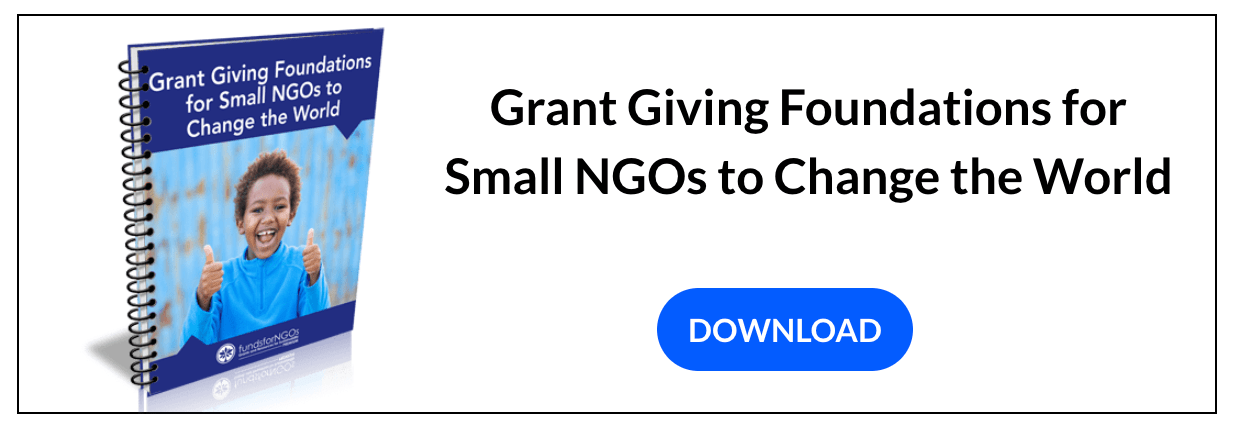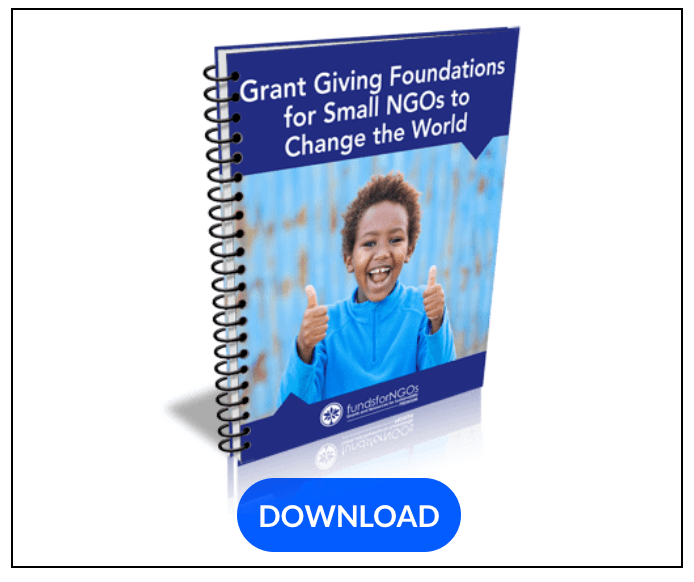![Grant Opportunities: [Research Funding] MECS Challenge Fund supporting Clean Cooking and Modern Energy Cooking Services
Deprecated: strip_tags(): Passing null to parameter #1 ($string) of type string is deprecated in /var/www/html/wp-content/themes/Newspaper/loop-single.php on line 64
Grant Opportunities: [Research Funding] MECS Challenge Fund supporting Clean Cooking and Modern Energy Cooking Services](https://cameroun.cc/wp-content/uploads/2022/10/6806-Rural-1.jpg)
Deadline: 9-Nov-22
The Modern Energy Cooking Services (MECS) challenge fund is now open for applications to provide research funding to stimulate innovations in modern energy cooking technology and systems.
In addition, MECS supports the advancement of innovative clean energy cooking products, processes, and services in low-income countries that are appropriate and acceptable to users.
The new ‘Cooking Support on Mini-Grids’ (COSMO) competition is the latest in a series of challenge funds that the MECS programme has engaged with. Previous funds have prompted innovation, early research, and piloting, all of which seek to rapidly accelerate the transition from biomass to clean cooking, particularly modern energy cooking services, on a global scale. The COSMO competition builds on this progression of interest by seeking to strengthen the utilization of mini-grids (MG) for eCooking. This new competition enables the MECS programme, funded by the Foreign and Commonwealth Development Office (FCDO) and delivered by Loughborough University, to address key barriers to using electric cooking on mini-grids.
They are looking to fund projects with mini-grid developers (and their partners) to enable electric cooking appliances to be sustainably used in homes or businesses. Their research so far suggests that electric pressure cookers (EPCs) are the ‘front running candidate’ for this outreach, but they will consider any efficient electrical cooking appliance. Combinations of more than one device are acceptable if a strong case is made.
The key aim of the COSMO competition is to seek to explicitly strengthen the utilization of mini-grids (MG) for eCooking.
Competition Design
The fund will be run in two phases. Progression from phase 1 to phase 2 will be competitive rather than automatic. The selection for phase 2 will depend on the quality and suitability of the business case and modelling developed under phase 1.
- Phase One: will support up to 10 projects to undertake the design and modelling of the minigrid project to include ecooking. It should focus on the business case and associated modelling for developing mini-grids for electric cooking. It should present the case for the financial sustainability of the minigrid, including a review of load demand and the provision of a load management system which includes ecooking. The model and report of phase one will be a gateway for further funding under
- Phase Two: will be used to deliver the system, inclusive of the cooking load, and include the collection and collation of data on the performance of the minigrid. This should include the impact of ecooking on the minigrid and a sample of user households within the community. It is anticipated that up to four projects will be funded under phase 2.
Funding Information
- Total duration will be 29 months. Total funding available is £200,000.
Eligibility Criteria
- This challenge is open to developers of minigrids who are about to implement or adapt a grid (within the timeframe of the COSMO challenge fund).
- They will also accept applications from existing grid operators who are seeking to manage household or institutional demand for electricity better or who are seeking to expand their existing grid.
- Collaborations between different partners are welcome, especially in terms of interlinking local, rural communities with minigrid developers, but there must be one lead organisation identified.
- The funding is not intended to cover the costs of building a mini-grid. It is just intended to cover the additional costs of adding ecooking to the grid.
- Consortiums of organisations are eligible but there must be one lead organisation identified.
- The research much take place in one of the eligible countries listed here;
- Bangladesh, Benin, Burkina Faso, Burundi, Cambodia, Cameroon, Congo (Democratic Republic of the), Côte d’Ivoire, Ethiopia, Gambia, Ghana, Haiti, India, Indonesia, Kenya, Lao People’s Democratic Republic, Lesotho, Liberia, Madagascar, Malawi, Morocco, Mozambique, Myanmar, Nepal, Niger, Nigeria, Pakistan, Papua New Guinea, Rwanda, Senegal, Sierra Leone, Solomon Islands, Somalia, South Sudan, Sudan, Swaziland, Tajikistan, Tanzania (United Republic of), Togo, Tunisia, Uganda, Vietnam, Zambia and Zimbabwe.
Limitations
- Organisations can only be named on one application as either the lead or as a consortium member. A consortium member is defined as an organisation who is actively involved in the implementation of activities. If an organisation is listed as either the lead or as a consortium member on more than one application, then all of them will be rejected. Only suppliers of devices and suppliers of specialist research capability can provide their services to multiple projects and be named in multiple applications.
- Applications suggesting working in more than one country will be rejected.
- Any application must utilise predominantly renewable energy. Hybrid systems must show that cooking is not based on the fossil fuel element of electricity production.
For more information, visit https://mecs.org.uk/challenge-fund/current-funds/mecs-cooking-support-on-mini-grids-cosmo/

